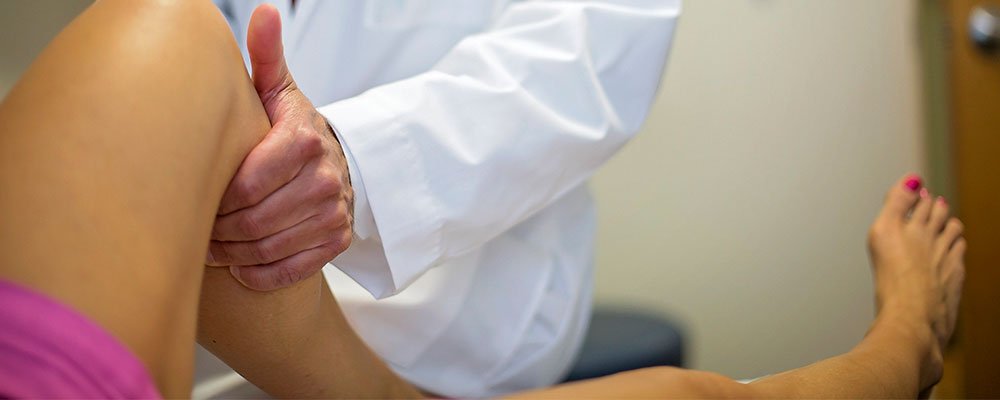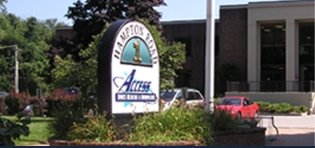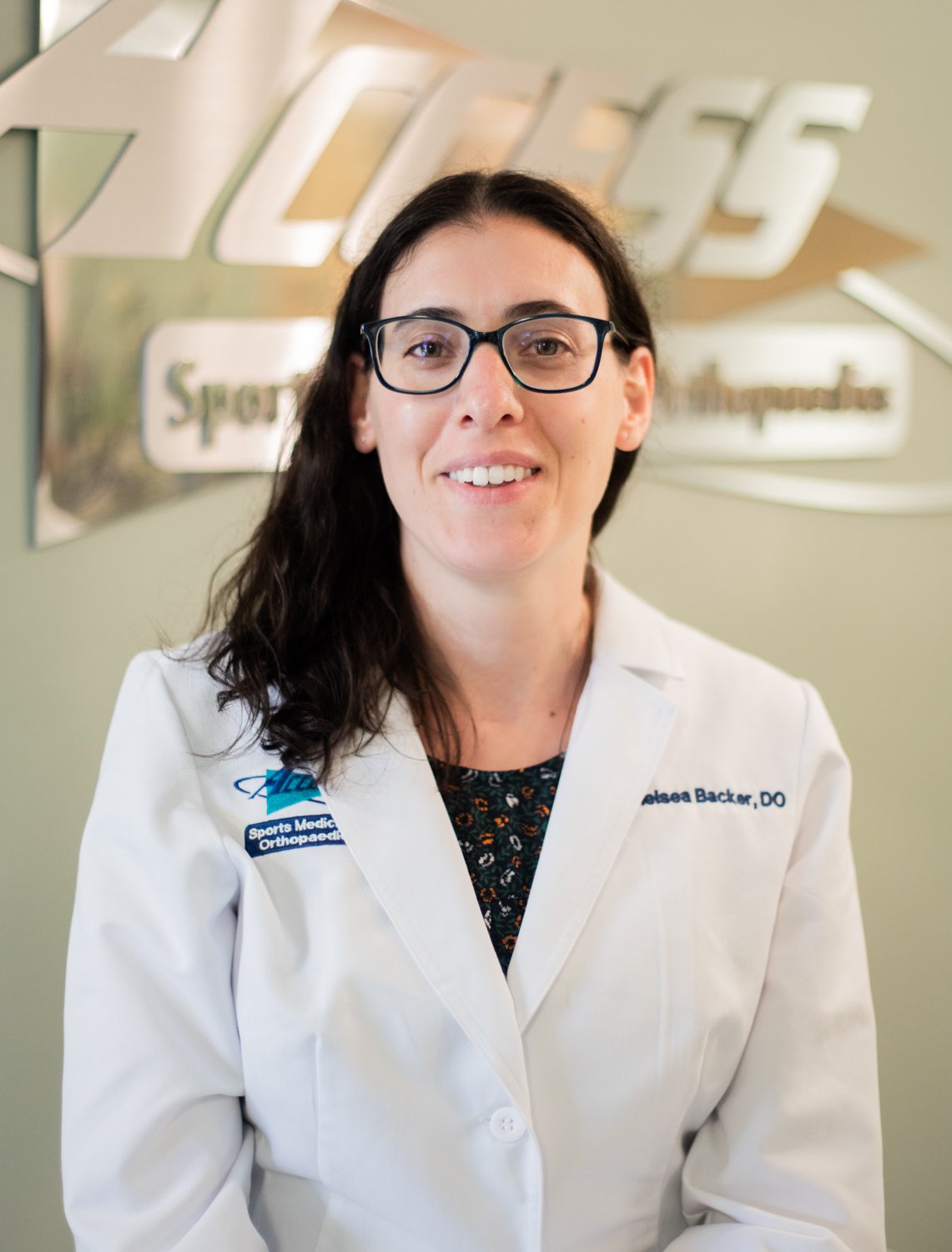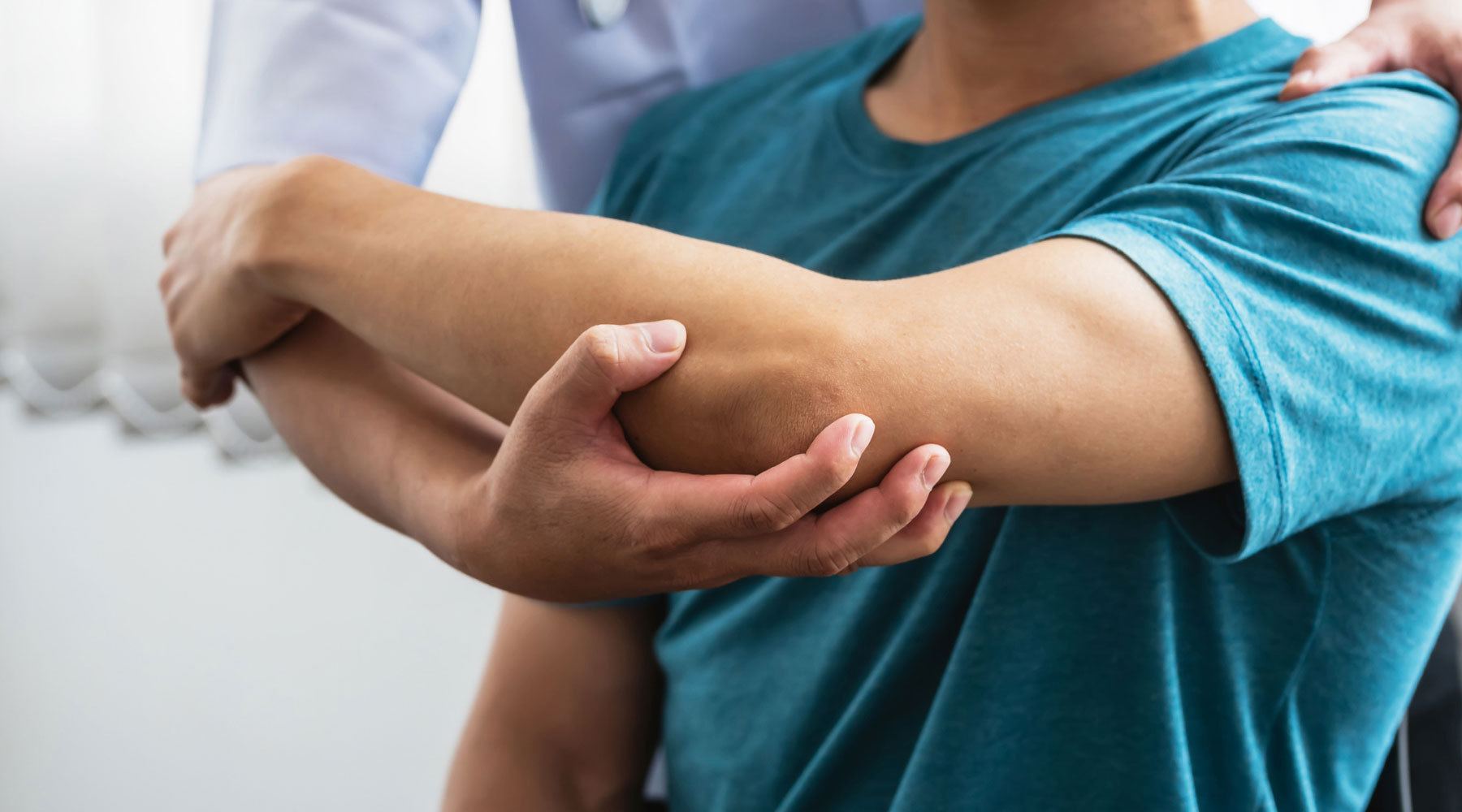
 The ACL is the most studied ligament in the Orthopaedic community and debate over the optimum graft type to use has been a source of controversy for decades. Current graft options for younger athletic patients may include using the patient’s patella tendon, hamstrings, or quadriceps tendon, while less active or physiologically older patients may benefit from the use of donated cadaver tissue grafts. The Bridge-Enhanced ACL Repair (BEAR) procedure described in a recent Boston Globe article could potentially revolutionize the care of the athlete with a torn ACL.
The ACL is the most studied ligament in the Orthopaedic community and debate over the optimum graft type to use has been a source of controversy for decades. Current graft options for younger athletic patients may include using the patient’s patella tendon, hamstrings, or quadriceps tendon, while less active or physiologically older patients may benefit from the use of donated cadaver tissue grafts. The Bridge-Enhanced ACL Repair (BEAR) procedure described in a recent Boston Globe article could potentially revolutionize the care of the athlete with a torn ACL.
The BEAR procedure uses a scaffold for the patient’s native ACL to heal itself rather than replacing it with a graft taken from the patient or from donated tissue. With this procedure the potential for faster recovery with a lower complication rate is possible. This new technique takes advantage of newer orthobiologic materials and platelet rich plasma (PRP) which are revolutionizing the way that we treat sports related injuries.
At Access Sports Medicine we have been a leader on the Seacoast in treating many Orthopaedic conditions with PRP therapy. “PRP has been used in our office for several years with great results.” Dr. Joshua Siegel states. “PRP continues to offer many patients relief from conditions that had been poorly tolerated in the past. We welcome this new potential use of PRP and orthobiologics as a needed advancement in offerings for our patients.”
Dr. A. David Davis specializes in orthopaedic sports related injuries and reports, “I have seen firsthand the benefits of PRP as a minimally invasive biologic healing agent and have successfully used this exciting advancement to treat conditions ranging from tendonitis to arthritis.”
“While this is an exciting first step with encouraging early results, further research is necessary on this approach to ACL injuries before Dr. Murray’s method can start to be utilized more universally. We look forward to following her work and hope to be able to offer this procedure to our patients in the future” says Dr. Benjamin Thompson.
For more information on PRP treatment please visit www.accesssportsmed.com


